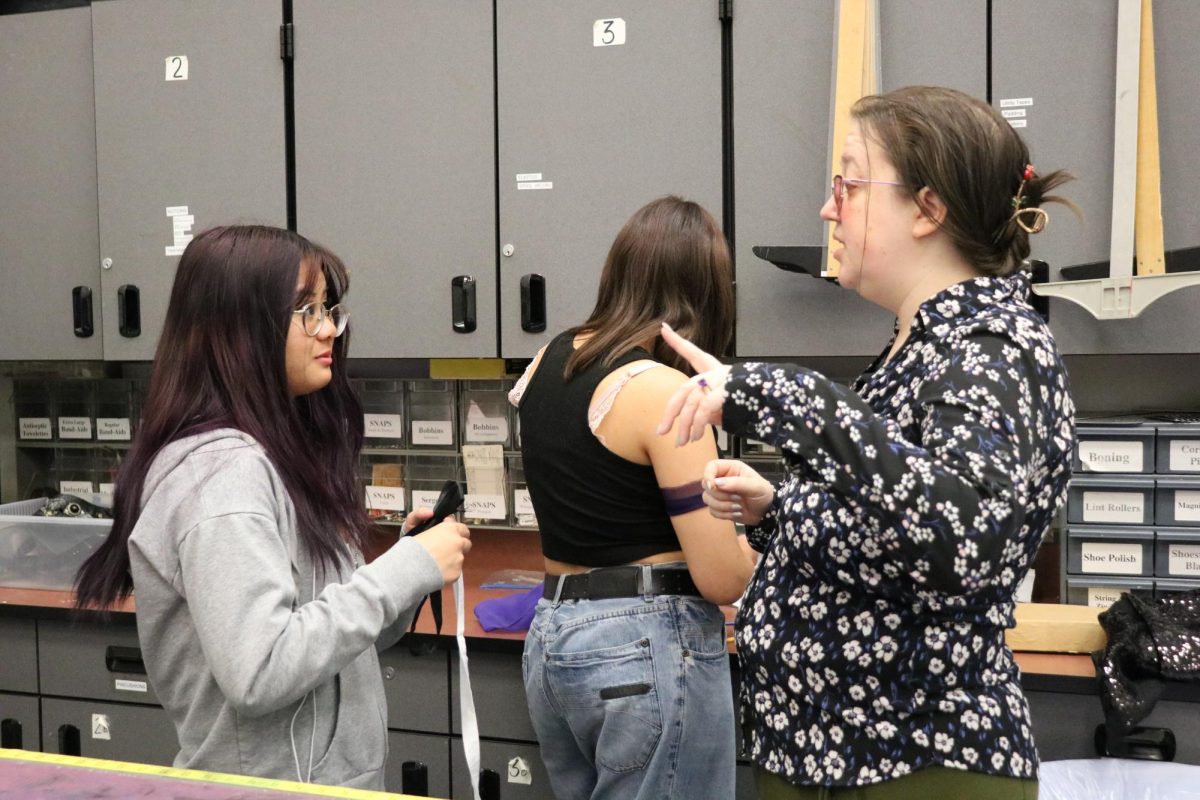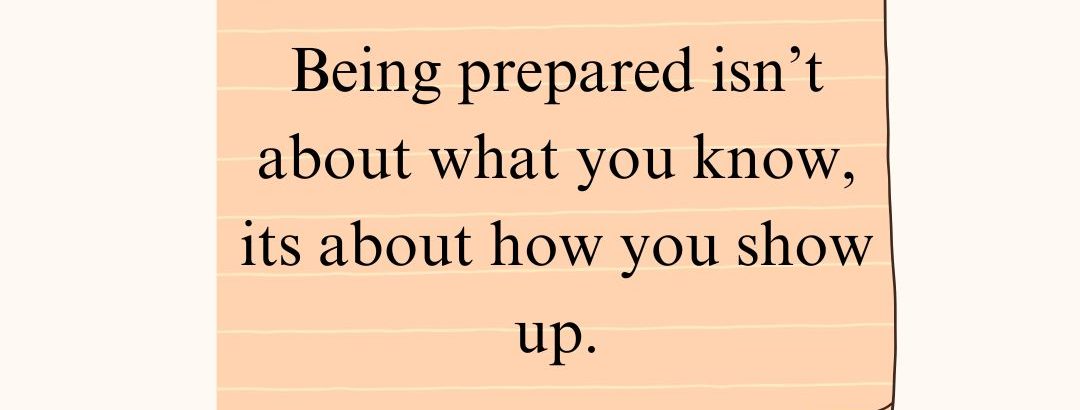A Look at Summer School
November 22, 2022
Every year, students wonder whether or not they should do summer school, what classes to take, or how many. It might seem like there aren’t a lot of answers that can be found without trying it out, but hopefully, this article will clear some of that up. These answers may or may not apply to you, depending on who you are as a person and what your situation is, but they’ll give some insight into the possible benefits of summer school and whether or not it would be worth it for you.
Sometimes, students don’t have a choice on whether or not they want to take summer school. Whether it’s for a required credit, redoing a class, or parental pressure, it seems that the best thing to do in that situation is at least make it as fun as possible. Ms. Brooke Bergquist, an English teacher, has taught summer school and is a strong supporter of the enrichment program. While there’s no guarantee that it will be back this year, if it does return, she absolutely recommends it due to the opportunities it provides, without giving much up in return. “It provides opportunities that students wouldn’t have because of time constraints, because of money constraints, or just because of age differences,” Bergquist said. “Stay the whole day. It’s over at 2, your day is not wasted.… [It’s] an opportunity to get ahead, the chance to try new subjects, and the ability to meet new people, all while not wasting a summer just laying in bed, waiting for something to do. As so many students do, where they just sit at home all summer and they’re like ‘Oh my summer was wasted’. Come to enrichment, come to summer school.”
To top it all off, Bergquist says it’s a solution to one of the students’ biggest recurring problems with summer break: “It’s a nice way to spend your summer without dumping all of the knowledge you’ve learned all year.” However, Bergquist warns students to make sure they don’t get burnt out. “Take two academic, take two enrichment. Keep the balance so that you don’t burn yourself out,” Bergquist said. “It can be really overwhelming, especially if you take a lot of academics over the summer. It’s going to make you less prepared mentally and emotionally for the following school year.”
Many people don’t have a 100% positive view of summer school; more specifically, many people think the worth of summer school depends on the person and the approach. Mr. David Bradbury, a physics teacher, especially opposes the “one size fits all” view of summer school. “I do think summer school works for some people,” Bradbury said. “If they’re interested in it, then it gives them a less stressful environment … it gives them a head start.”
Some teachers recommend taking courses over the summer to free up space during the year, but Bradbury recommends caution. “I think skipping a year is really dangerous,” Bradbury said. “You don’t know the future … If you don’t take the time to do stuff while you have the time, later on, you’ve got to make more time for it. So it’s just better to do it now.… You’re not gonna learn physics in six weeks, there’s no way.” Bradbury even holds this opinion for foreign language, which seems to be a popular subject to “skip” by taking it over the summer. “I think foreign language is tough in summer school because foreign language has to have some sort of conversational piece to it. But once again, it comes back to my thing, if you have a foreign language teacher teaching the foreign language summer school class, it’s gonna be better.”
Bradbury has taught summer school, but it was not a science class. “I’m not really sure whether that is beneficial to learning,” Bradbury said. “I mean, it gives the credit. But I don’t know because if I was teaching science, then I would know that they’re learning science because that’s my strength. But I was just in there, like monitoring them for another class they needed to complete… I really think if you’re going to be enriched in physics, you need a physics teacher. I mean, it kind of goes hand in hand.”
Unlike teachers such as Bergquist, Bradbury disagrees with taking more classes unless there’s a specific reason to. “If a student is interested in something and wants to learn more, or feels like taking it will help them out in another class, then they should do it,” Bradbury said. “They’re getting the quantity but they aren’t getting the quality…. If you enjoy what you’re doing, it’s not work… It may seem like a lot to somebody else, but if they enjoy it, then it’s really not a lot because they don’t see it the same way.” More specifically, Bradbury recommends summer school to prepare for full-year courses. “AP students and honors students, AP especially, would benefit from just a crash course on the basics… Any course that a student might feel like they’re going to be challenged with,” Bradbury said.
A lot of times, student perspectives differ from teachers’. Chris Ortiz, a senior jazz major, has taken multiple summer school classes, including Spanish 1 and Government/Economics, all of which were online. “[Summer school] saves you a lot of time,” Ortiz said. “If, say, you want to have an open period, summer school kind of enables that…. And not having government this year and hearing everybody kind of struggle through all their classes is kind of a blessing. Working through government would … make my stress load a lot heavier, right now.”
Ortiz supports summer school to get ahead in subjects, but with a caveat involving foreign languages. “For the next year, you’re already advanced so you can get a head start … or you can just get a free period,” Ortiz said. “You get the option to have more free time or an extra elective…. I would recommend the beginning level foreign languages because, at least while during an online environment, the beginning stages of learning a language like Spanish, it’s a lot more simple, and doing those later stages of a language where … you have to write more or you have to speak orally, it’s a lot more difficult to do and something it’s a lot better to have a teacher with you.”
For enrichment (and overall summer school), Ortiz seems to have a similar overall view to Bergquist and Bradbury. “Enrichment … does give a big head start,” Ortiz said. “It also sounds like an opportunity or an activity where people can kind of engage with one another and kind of collaborate and group up during the summer…. During the summer, sometimes students cannot meet with others…. [But,] it does take up a substantial amount of time…. That’s the only downside I’d say about it.”
While summer school certainly isn’t a one size fits all solution, it does seem that it can have some great benefits for most students, as long as they take the right approach. A balance of academic and more fun, non-academic classes helps, as well as trying to stick with courses that are going to keep you engaged and/or help you during the next school year. The opportunity for less stress and more electives/open periods during the year can certainly be worth a relatively small part of your summer. In fact, as Bergquist says, summer school itself is a great opportunity: “Learn new things, try new things, meet new people.”
























